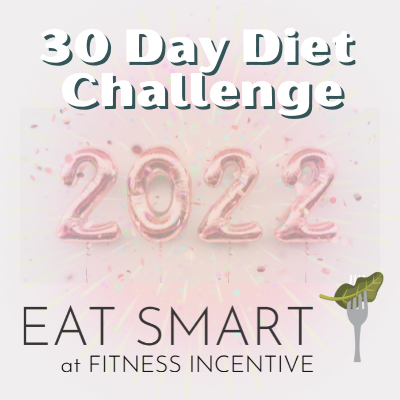
August of this year during a routine mammogram they saw something they didn’t like. Three days later they came back
with dreaded ‘cancer’ diagnosis
– Rachel Ezelius

My Renewed Passion for Nutrition Post-Cancer
Four times a year since 2003 I have written in Fit2Print about something I thought was both current and exciting in my field of nutrition. As I type days after my surgery, I can’t think of anything more current. I debated whether to share my story in such a public way, but with the outpouring of concern and generosity, I decided my cancer story is nothing to be ashamed of or hide from, and it is not something that is going to define me.
August of this year during a routine mammogram they saw something they didn’t like. Three days later they came back with dreaded ‘cancer’ diagnosis, and here I am recovering from a double mastectomy. But cancer is not going to be this story. My passion for nutrition has been renewed as I see how much it is ignored. I probably had about 20 doctor’s appointments in the last two months. Not ONCE did anyone ask what I was eating.
Sure, the statistics indicate that merely living on Long Island, unlucky genetics or environmental exposure increased my risk of developing an unfortunately common cancer.
Interestingly, however, I found I had to be my own advocate and ask for bloodwork to look a little closer at my nutrition. It was then when I discovered low vitamin D levels, an abnormal hormone panel, blood sugars that are “normal” but high and a thyroid that was running amok. It was time for me to tweak my nutrition and look for some nonconventional ways to support my treatment.
First, I looked to increase my vitamin D levels. Adequate vitamin D is challenging to get through diet, and as a fair-skinned redhead, I probably also wasn’t getting enough through the sun. Therefore, I am now supplementing regularly.
Next, I looked to get my hormones in check. Some foods are considered hormone disruptors that I now put on my checklist to monitor. I changed out the type of water filter in our home to remove some of the toxins of concern like atrazine, arsenic, and lead to name a few. I reduced, even more, the use of plastic and concentrated on using only stainless steel, glassware, stoneware or cast iron. Although canned food can be convenient, I try to use it rarely and if I do I make sure it is BPA free. And I am now more vigilant in choosing organic meats and fish to avoid hormones, pesticides, mercury, and chemicals. I continued to use my fragrance and chemical free items and wool dryer balls but added essential oils to hygiene and cleaning products.
Finally, I tightened up my diet. I know how important it is to eat more fresh fruits and vegetables (ideally organic), eat foods lower on the food chain and that are minimally processed. I love the fruits and veggies that help metabolize estrogen, like broccoli, cauliflower cabbage, cucumbers, citrus, cantaloupe, and squashes so they are now on the weekly shopping list. Knowing its importance, I have also limited some of the high estrogen foods like grains, soy, vegetable oils, and dairy. I also got myself on a stronger pre and probiotic to increase the support for my gut flora.
My story has a happy ending. It has just made me more passionate about my clients’, my family’s and my own nutritional health, and we are all going to be healthier because of it.
Sponsored Links
About the Author

Rachel Ezelius
Rachel Ezelius is a Registered Dietitian who manages Fitness Incentive’s Eat Smart program. Questions? Contact her by email: eatsmart@fitnessincentive.com. Click here to learn more about Eat Smart


